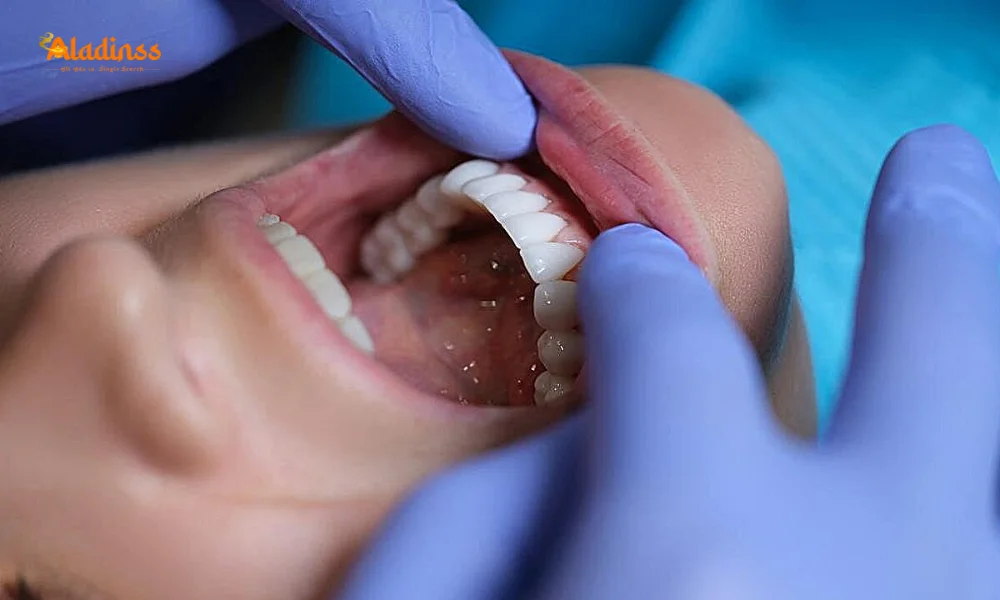Shocking Male Infertility Causes Every Man Must Know Before 40

Hidden Male Infertility Causes That Stop Conception Fast
Infertility affects millions of couples worldwide, yet male infertility remains shockingly under-discussed. Experts reveal that men contribute to nearly 50% of all cases but most conversations still revolve around women. If you're struggling to conceive, these surprising hidden causes of male infertility could be silently blocking your path to parenthood.
From everyday habits to rare medical conditions, modern life is quietly damaging sperm health. Leading urologist Dr. Suraj Pinni warns: “Sedentary routines, poor nutrition, obesity, pollution, and even sleep deprivation can drastically reduce sperm count and quality often without any obvious symptoms.”

Why Male Factor Infertility Is Rising Rapidly
Sperm counts have dropped over 50% in the last 40 years, according to global studies. Environmental toxins, processed foods, tight clothing, and prolonged sitting are creating a perfect storm for reproductive damage. Even Wi-Fi radiation and plastic exposure may disrupt hormone balance, leading to low motility and abnormal sperm shape.
The good news? Many causes of male infertility are reversible with early detection. Understanding these hidden triggers empowers men to take control and improve fertility naturally or seek timely medical help before it's too late.
9 Shocking Hidden Causes of Male Infertility
- 1. Varicocele – The Silent Sperm Killer: Enlarged veins in the scrotum raise testicular temperature, cooking sperm before they mature. Affects 15–20% of men; fixable with minor surgery.
- 2. Mumps After Puberty: This childhood virus can inflame testicles in adults, destroying sperm-producing tubes permanently. Vaccination is the only prevention.
- 3. Undescended Testicles: If not corrected in childhood, testes trapped in the abdomen produce zero viable sperm and raise cancer risk 40-fold.
- 4. Testicular Torsion Emergency: Twisted spermatic cord cuts blood flow untreated cases lose the testicle and trigger anti-sperm antibodies that attack healthy sperm.
- 5. Blocked Sperm Pathways: Infections, vasectomy reversal failure, or birth defects block sperm exit despite normal production. Microsurgery often restores flow.
- 6. Testosterone Abuse: Gym supplements shut down natural production, shrinking testicles and causing temporary or permanent sterility.
- 7. Genetic Disorders: Klinefelter’s syndrome (extra X chromosome) and cystic fibrosis gene mutations prevent sperm formation from birth.
- 8. Cancer Treatments: Chemotherapy and radiation damage DNA in sperm stem cells effects can last years or become irreversible.
- 9. Unexplained Infertility: When all tests are normal but pregnancy never happens a frustrating reality for 10–15% of couples.
How Varicocele Destroys Sperm Quality Silently
Imagine your testicles as delicate factories needing precise temperature control. A varicocele acts like a broken air conditioner blood pools, heat rises, and sperm production crashes. Studies show men with untreated varicoceles have 60–70% lower sperm counts and poorer motility.
Symptoms are subtle: a heavy, dragging feeling in the scrotum, worse after standing long. Most men discover it only during infertility workups. The fix? A 30-minute outpatient procedure called varicocelectomy boosts pregnancy rates by 40% within a year.
Mumps: The Childhood Disease That Steals Fatherhood
One in three men who get mumps after puberty develop orchitis painful testicular swelling that scars sperm-making tissue. Up to 50% become infertile in the affected testicle. Worse, damage is irreversible.
The MMR vaccine prevents this tragedy. Yet unvaccinated pockets still exist, putting future fertility at risk. If you've had mumps as an adult, get a semen analysis early knowledge prevents false hope during conception attempts.
Undescended Testis: A Ticking Time Bomb
Normally, testicles descend into the scrotum before birth. In 1 in 100 boys, one or both stay trapped in the groin or abdomen. Body heat sterilizes developing sperm cells by age 2, damage is permanent.
Surgery (orchiopexy) before 18 months preserves fertility and cuts cancer risk dramatically. Men with uncorrected cryptorchidism face zero sperm counts and 40x higher testicular cancer odds.
Testicular Torsion & Anti-Sperm Antibodies Explained
Sudden, severe groin pain? It could be testicular torsion the spermatic cord twists, strangling blood supply. Every hour delays treatment kills more tissue. After 6 hours, the testicle may be lost forever.
Even if saved, trauma can make the immune system see sperm as enemies. These anti-sperm antibodies bind to sperm tails, paralyzing movement. IVF with ICSI (injecting single sperm into egg) bypasses this barrier.
Blocked Tubes: Sperm Trapped Inside
Obstructive azoospermia means zero sperm in semen but testicles may be producing millions. Causes include:
- Past infections (epididymitis, prostatitis)
- Congenital absence of vas deferens (CAVD)
- Botched hernia or hydrocele surgery
Solution: Microsurgical reconstruction or needle aspiration to retrieve sperm directly for IVF. Success rates exceed 90% in expert hands.
Testosterone Supplements: Muscle Gain, Fertility Loss
Bodybuilders chasing gains often inject testosterone or prohormones. The body senses excess and shuts down FSH and LH hormones that stimulate sperm production. Result? Testicles shrink to pea size, sperm count plummets to zero.
Recovery can take 6–24 months after stopping. Some men never regain full fertility. Always get a baseline semen analysis before starting TRT.
Genetic Causes You Can’t Change But Can Plan For
Klinefelter’s syndrome (XXY) affects 1 in 500 men small, firm testicles produce little to no sperm. Cystic fibrosis carriers may lack vas deferens. Y-chromosome microdeletions wipe out entire sperm factories.
Genetic testing before trying to conceive saves years of heartbreak. Micro-TESE surgery can find rare viable sperm for IVF in 50–60% of cases.
Cancer Survivors: Protecting Future Fatherhood
Chemo drugs like cyclophosphamide destroy rapidly dividing cells including sperm precursors. Radiation to pelvis scatters DNA in surviving sperm, raising birth defect risks.
Sperm banking before treatment is critical. Even one sample frozen pre-chemo can enable biological children later via ICSI.
Lifestyle Habits Secretly Sabotaging Sperm
Daily choices compound damage:
- Hot baths/saunas: Raise scrotal temp 2–3°C, halving sperm output
- Tight underwear: Compresses testes, reduces blood flow
- Smoking: Damages sperm DNA, increases miscarriage risk
- Alcohol: Lowers testosterone, impairs erection and ejaculation
- Obesity: Converts testosterone to estrogen in fat tissue
When Tests Are Normal But Baby Never Comes
Unexplained infertility frustrates 1 in 6 couples. Sperm may look perfect under microscope but fail to penetrate the egg. Subtle DNA fragmentation, oxidative stress, or egg-sperm incompatibility could be culprits.
Advanced tests like sperm DNA fragmentation index guide treatment. IUI, IVF, or antioxidants may tip the scales toward success.
Action Plan: Boost Male Fertility Starting Today
- Get a comprehensive semen analysis (volume, count, motility, morphology)
- Schedule scrotal ultrasound to rule out varicocele
- Check hormone levels: testosterone, FSH, LH, prolactin
- Adopt fertility-friendly habits: exercise, antioxidants, no heat exposure
- Consider sperm freezing if planning cancer treatment
Male infertility isn't a dead end it's a call to action. With awareness and prompt intervention, most men can restore fertility and build the family they dream of.
Don’t wait another cycle. Book a male fertility evaluation today your future child may depend on it.
Comment / Reply From
No comments yet. Be the first to comment!






